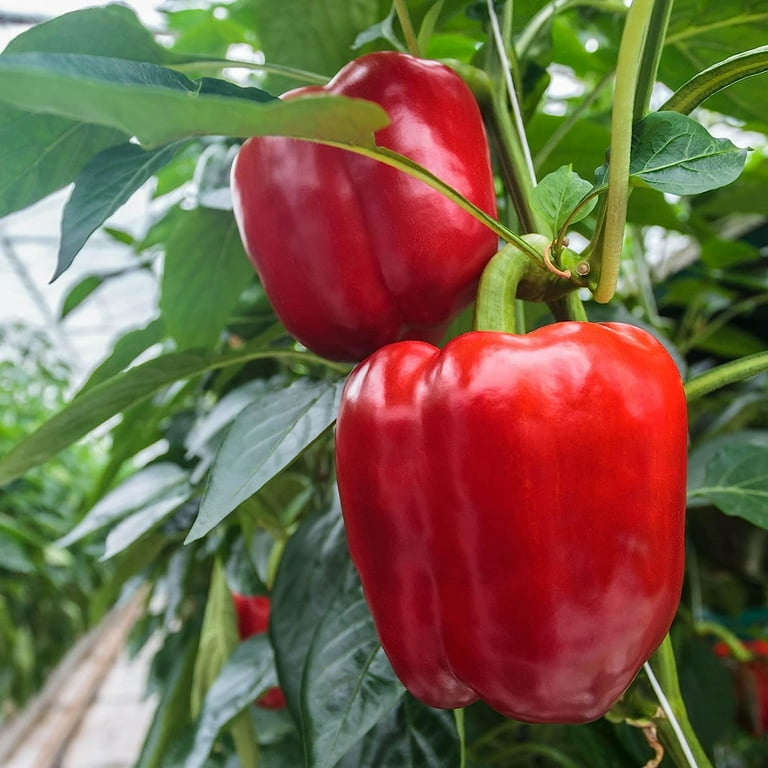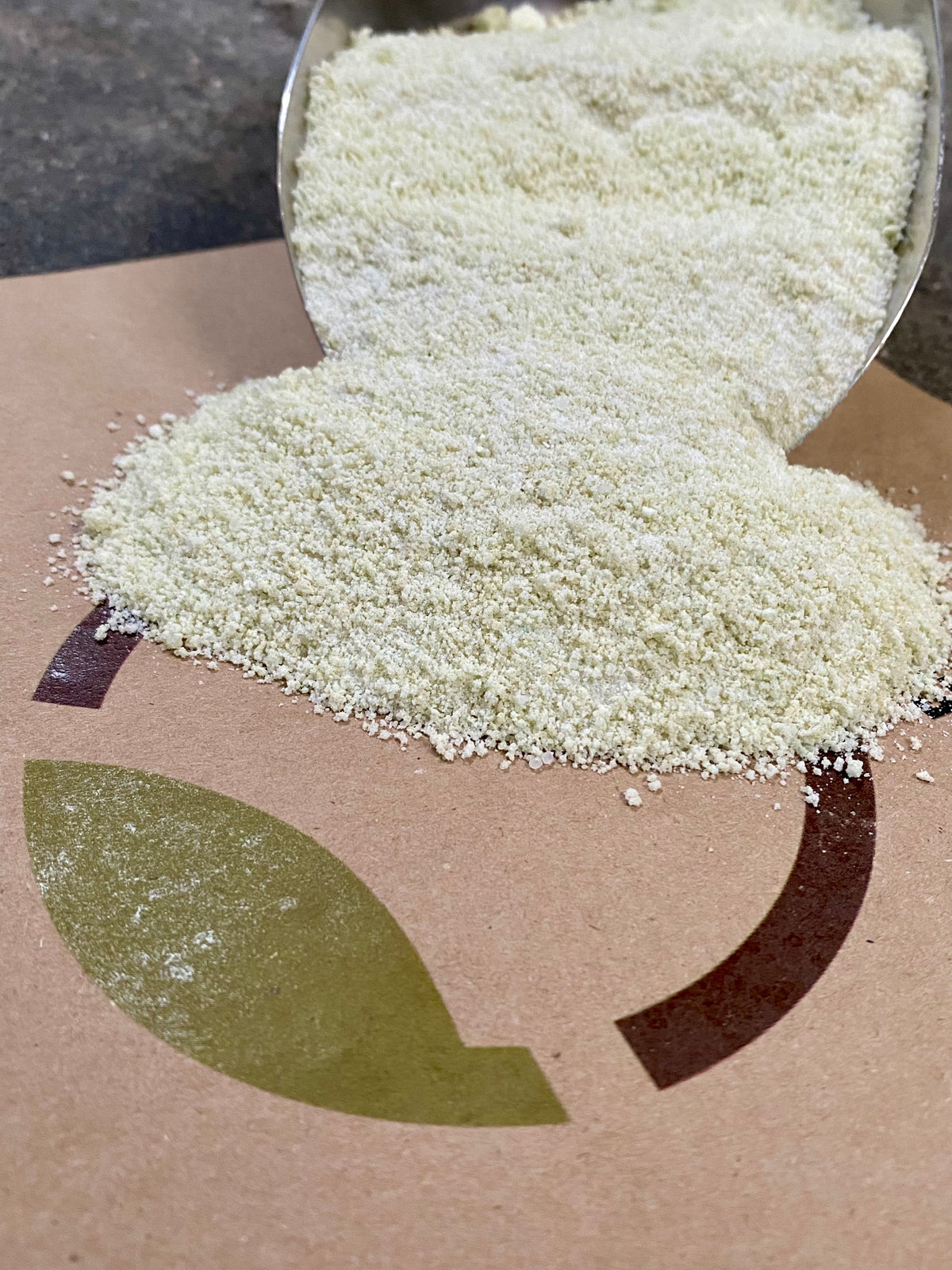Best Fertilizers for Peppers: A Comprehensive Guide to Boost Your Harvest
Best Fertilizers for Peppers: A Comprehensive Guide to Boost Your Harvest
Blog Article
Organic Vs. Synthetic Fertilizers: Which Is Best for Nurturing Healthy And Balanced Pepper Plants?
In the world of supporting healthy and balanced pepper plants, the selection between synthetic and organic plant foods stands as a critical decision with far-ranging implications. While both options aim to give crucial nutrients to support plant development, the subtleties of their effect on the soil, plant health and wellness, and the atmosphere trigger a debate that echoes throughout the horticulture neighborhood. Recognizing the unique advantages and potential mistakes of each plant food type is crucial for pepper growers seeking to maximize their returns while preserving a sustainable and eco-conscious technique.
Advantages of Organic Plant Foods
Organic fertilizers offer an environmentally-friendly and sustainable technique to beneficial pepper plants, providing crucial nutrients without using synthetic chemicals. These all-natural plant foods are stemmed from organic resources such as compost, manure, bone dish, and algae, advertising dirt wellness and biodiversity. Unlike artificial fertilizers, natural options release nutrients slowly, guaranteeing a steady and well balanced supply for pepper plants to prosper.
One significant benefit of organic fertilizers is their ability to boost soil framework and water retention. By boosting soil health, natural fertilizers promote valuable microbial task, which aids in nutrient uptake by pepper plants. In addition, natural fertilizers minimize the risk of chemical run-off, securing water sources from pollution and protecting the atmosphere.
Furthermore, organic plant foods add to long-term soil fertility by promoting the development of useful soil microorganisms. These microorganisms aid damage down natural matter, launching nutrients in a type that is quickly accessible to pepper plants. best fertilizers for peppers. By fostering a healthy dirt environment, organic fertilizers sustain lasting pepper cultivation practices that benefit both plants and the setting
Drawbacks of Synthetic Plant Foods
Synthetic fertilizers, in contrast to their natural equivalents, present numerous negative aspects when made use of to nourish pepper plants, affecting both plant wellness and ecological sustainability. One significant disadvantage of artificial fertilizers is their propensity to leach nutrients from the soil promptly.
Moreover, the overuse of artificial fertilizers can add to water contamination. Excess plant foods not taken in by plants can remove into water bodies, bring about eutrophication, where algae flowers deplete oxygen levels in the water, hurting water life. Artificial fertilizers are commonly acquired from non-renewable resources, such as fossil fuels, contributing to carbon emissions and environmental deterioration during their production.
Nutrient Absorption Comparison
Efficient nutrient absorption plays an essential role in the overall wellness and growth of pepper plants. When contrasting artificial and organic fertilizers in terms of nutrient absorption, organic plant foods have the advantage of offering a more balanced and slow-release resource of nutrients (best fertilizers for peppers). Organic plant foods contain a range of macro and trace elements that are not just advantageous for the plants yet also advertise healthy and balanced dirt microbial task, which helps in nutrient uptake. On the other hand, artificial plant foods usually offer a fast launch of nutrients, which can bring about seeping and overflow, leading to reduced nutrient absorption rates by the plants.
In addition, natural fertilizers improve soil structure and water retention ability, permitting pepper plants to gain access to nutrients more successfully. This enhanced soil quality helps with origin growth, enabling far better nutrient absorption. Synthetic plant foods, although originally improving plant development because of their high nutrient focus, may impede long-lasting nutrient absorption by degrading soil wellness in time.
Ecological Impact Considerations

On the various other hand, synthetic plant foods, although view often more concentrated and immediately available to plants, can have harmful impacts on the setting otherwise used correctly (best fertilizers for peppers). Their production requires high energy inputs, resulting in greenhouse gas discharges and adding to climate adjustment. Additionally, the overflow of excess synthetic plant foods can pollute water sources, causing eutrophication and damaging marine environments.
Finest Fertilizer Practices for Peppers
When fertilizing pepper plants, maximizing nutrient uptake and reducing environmental see post effect are essential factors to consider. To attain this, it is important to comply with ideal plant food techniques tailored to the particular requirements of pepper plants. One crucial method is to perform a soil examination prior to using any type of fertilizers. This examination can figure out the pH level of the soil and recognize any type of nutrient shortages, leading you in selecting one of the most appropriate fertilizer formula.
Another vital method is to feed pepper plants at the best time. Generally, peppers profit from obtaining fertilizer at planting and after that again when they begin to blossom. Over-fertilizing can result in vitamins and mineral imbalances and damage the plants, so it is important to follow recommended application rates.
Furthermore, selecting a well balanced plant food with an NPK ratio that suits pepper plants' needs is basic. Organic plant foods, such as garden compost or manure, can be outstanding options as they launch nutrients gradually and enhance dirt structure with time. Nonetheless, artificial fertilizers can provide a quick nutrient boost when required. Inevitably, integrating natural and artificial plant foods carefully can help nurture healthy and balanced pepper plants while reducing environmental impact.
Final Thought

Organic plant foods use an environmentally-friendly and lasting approach to beneficial pepper plants, supplying necessary nutrients without the use of artificial chemicals. Unlike artificial plant foods, organic choices release nutrients gradually, making sure a consistent and balanced supply for pepper plants to prosper.
Artificial fertilizers, in comparison to their organic equivalents, present numerous drawbacks when used to nurture pepper plants, impacting both plant health and ecological sustainability. When comparing natural and synthetic fertilizers in terms of nutrient absorption, organic plant foods have the advantage of supplying a much more well balanced and slow-release resource of nutrients.In addition, organic fertilizers enhance dirt framework and water retention capacity, allowing pepper plants to accessibility nutrients a lot more successfully.
Report this page